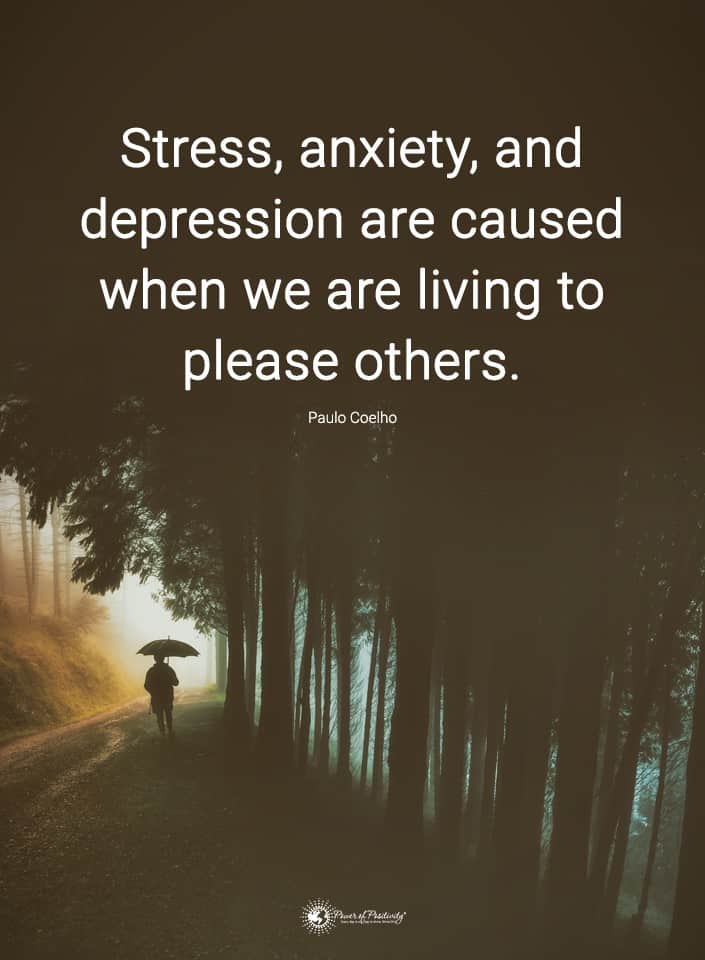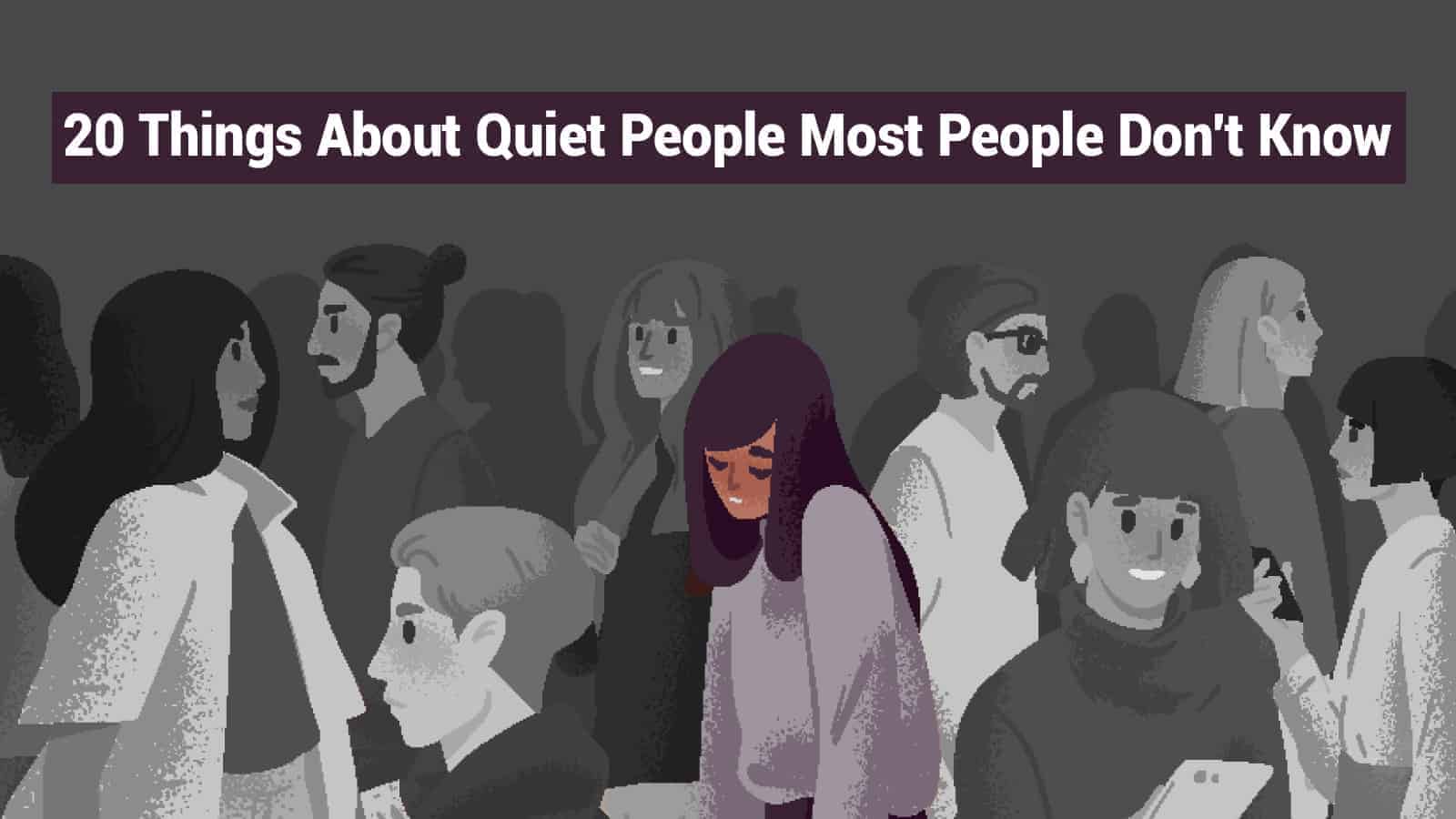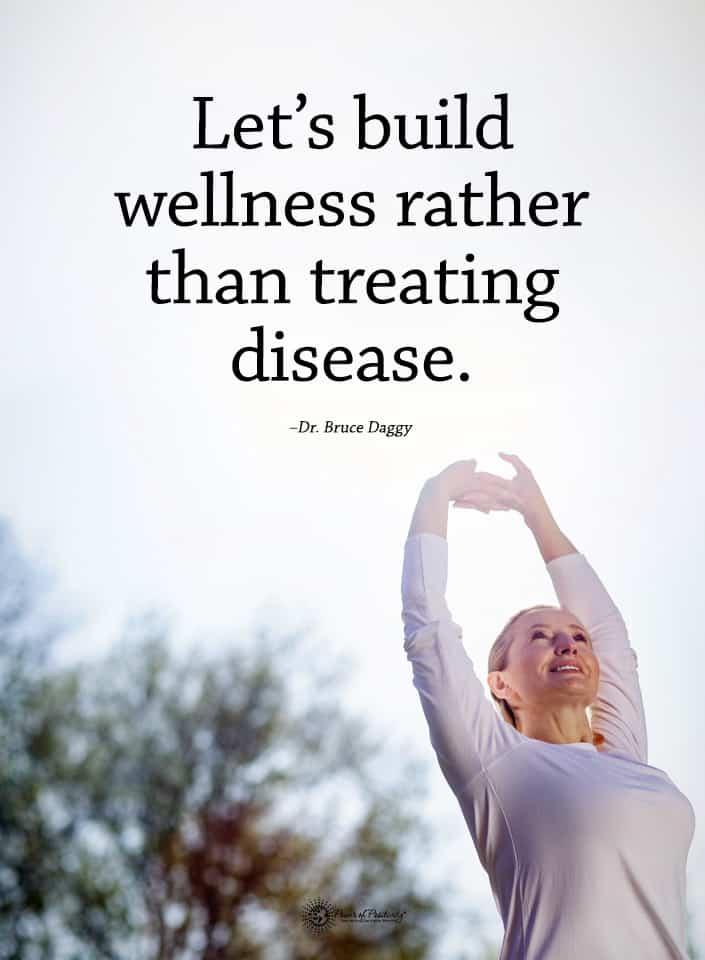Worldwide, approximately 350 million people of all ages suffer from depression, according to the World Health Organization. Depression can fluctuate in severity depending on events going on in a person’s life, and can vary in duration. Depression stems from many different factors, including genetics, diet, environment, personality, and chemical imbalances in the brain.
No one wants to have depression, as it can totally destroy a person’s life. Depressed people tend to lose their motivation and zest for life, and find it hard to do almost anything. They lose interest in activities they used to find enjoyable, and tend to become withdrawn, irritable, and may also suffer from insomnia. Depression can also trigger anxiety in some people, and may even affect a person’s appetite.
Sadly, many people in the world who have depression don’t get the help they need either because they feel embarrassed to speak up about their mental health, or because other people have made them feel guilty or weak when they tried to explain their feelings.
People with depression just want to live normal, healthy lives, but getting back on their feet can seem almost impossible at times. If you know someone with depression, but don’t suffer from it yourself, you may find it hard to understand their struggles.
Here are 7 things you need to know about someone with depression:

1. They don’t want to have depression.
Contrary to popular belief, depression is not a choice. No one wakes up and says they would like to lose interest in life and feel overwhelmingly sad the majority of the time. They would do anything to overcome their depression, and likely take steps to combat it the best they can. However, managing it and totally getting rid of it are two different things. A change in mindset can definitely do wonders for depression, as well as relaxation techniques, and even hypnosis.
However, they might still suffer from depression even after trying all of these techniques. As a society, we should become more respectful and compassionate of those who suffer from illnesses that exist whether or not we can see them with our own eyes. No one wishes to have an illness, whether mental or physical. They did not ask for their depression, just as people who wear contacts don’t ask for bad vision. Try to understand each individual’s perspective instead of condemning them for something you may not have been through yourself.
2. They fight a battle in their minds every single day.
Simply getting out of bed can feel like a great accomplishment to those with depression. They may go about their daily lives, but underneath the smiles and seemingly normal behavior, they have a war going on within them. They may not tell you about it so as not to burden you, but it still exists. Constantly fighting with their minds and trying to push themselves through their work or school day can be exhausting, so just be mindful of this if you know someone with depression.
3. They can find it hard to do even simple tasks.
Depression, put simply, feels like someone came along and sucked the life out of you. Not to make light of depression, of course, but if you have seen Harry Potter, the dementors represent exactly what we’re talking about here. Now, imagine trying to pull yourself out of bed and go about your normal day with no feeling of life in you whatsoever. This is the reality every day for those who suffer from depression. And, trust us, they work hard to overcome it themselves, but this can take time. Show compassion, and offer help if they have trouble finishing a task.
We all came here to help each other, and those with depression could definitely use the support.
4. They try as hard as they can to overcome it.
Like we said, they don’t want to have this disorder, and try their absolute hardest to get rid of it. Changing your thought processes takes time, and even so, the chemical imbalance may still exist. There is no one-size-fits-all solution to depression. Sure, some people respond better to meditation, yoga, and introducing supplements into their diet, but this won’t work for everyone. Many people overcome depression using mindfulness, eating healthy foods, and exercising, however, so if this interests you, feel free to read our article about it here.
5. They don’t “just want attention.”
People with depression don’t just say they have it so people will feel sorry for them and shower them with attention. Understand that they don’t want people to throw them a pity party; they just want some compassion and encouragement to overcome it.
6. Depression doesn’t make them weak.
The stigma surrounding mental health issues makes sufferers feel as though they somehow have less value than others who appear to have good mental health. However, depression doesn’t make someone less of a person; in fact, it shows that they have been fighting a long battle, and have not yet given up. This actually makes them courageous, strong, and beautiful, so don’t discount them just because they have a set of struggles that you may not relate to.
7. They don’t expect you to understand; they just need your love and support.
People who don’t have depression probably won’t understand, because they haven’t walked in a depressed person’s shoes. This doesn’t mean that you can’t offer your support and understanding to those with depression, though. Love can heal the world, so offer it in abundance. People with depression have an overwhelming feeling of hopelessness and helplessness, but the power of love just might save a person in the darkest depths of despair.













